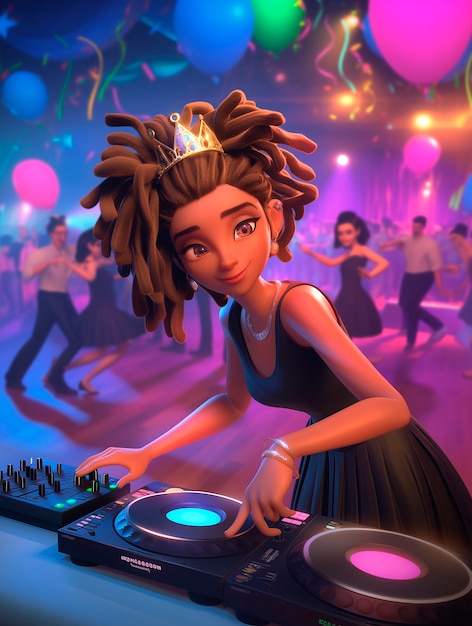
Sign up for our daily and weekly newsletters to stay updated with exclusive content on leading AI developments.
Google has introduced MusicFX, a groundbreaking experimental tool that allows users to create their own music using AI. This tool leverages Google’s MusicLM and DeepMind’s SynthID technology to embed a unique digital watermark in the outputs, ensuring the authenticity and origin of the music created.
MusicFX is a significant advancement in AI, offering new opportunities for musicians, producers, and enthusiasts to experiment and create music. However, it has certain limitations: it won’t generate music for queries mentioning specific artists or including vocals, to protect original artists’ voices and styles.
The service is part of the AI Test Kitchen, a platform by Google aimed at giving the public early access to their latest AI technologies. This platform encourages collaboration and feedback, helping Google advance AI technology in a responsible and inclusive manner.
Currently, people in the United States, Kenya, New Zealand, and Australia can use MusicFX. They can also use TextFX to convert text into music or text-based creations. While showcasing these AI technologies, Google acknowledges the challenges, such as the potential for inaccurate or inappropriate responses. To address these, Google has added several protections.
Google emphasizes responsible AI development aligned with its AI Principles. This includes public interaction and feedback, aiming to refine technology while maintaining ethical standards. Privacy is also a priority; data collected during interactions with MusicFX is stored anonymously and not linked to users’ Google accounts. Human reviewers may analyze the data for model improvement, but once a session ends, the data becomes non-identifiable and is retained for up to 18 months.
The release of MusicFX marks a broader trend in AI, highlighting the public’s role in shaping and refining technology. By involving users early on, Google aims to advance technology while addressing ethical concerns.
MusicFX may democratize music creation, making it accessible to those without formal musical training or access to professional production tools. However, it also raises questions about copyright, ownership, and the originality of AI-generated content. Google’s use of watermarking technology shows an awareness of these issues, but discussions and regulations will continue to evolve alongside the technology.
As Google continues to improve MusicFX with public input, the AI Test Kitchen could become a model for future AI development, promoting a new era of responsible AI that aligns with societal values.
For now, the world watches as users explore this new musical landscape, blending AI with human creativity. MusicFX could be the beginning of a new wave of AI-driven innovation in music creation.